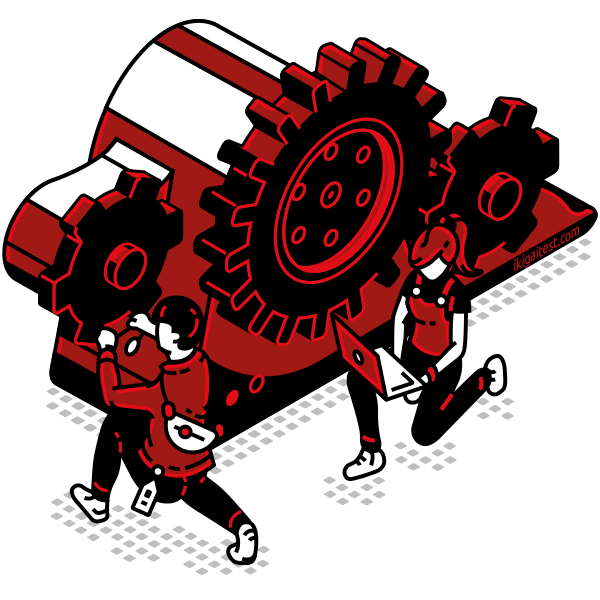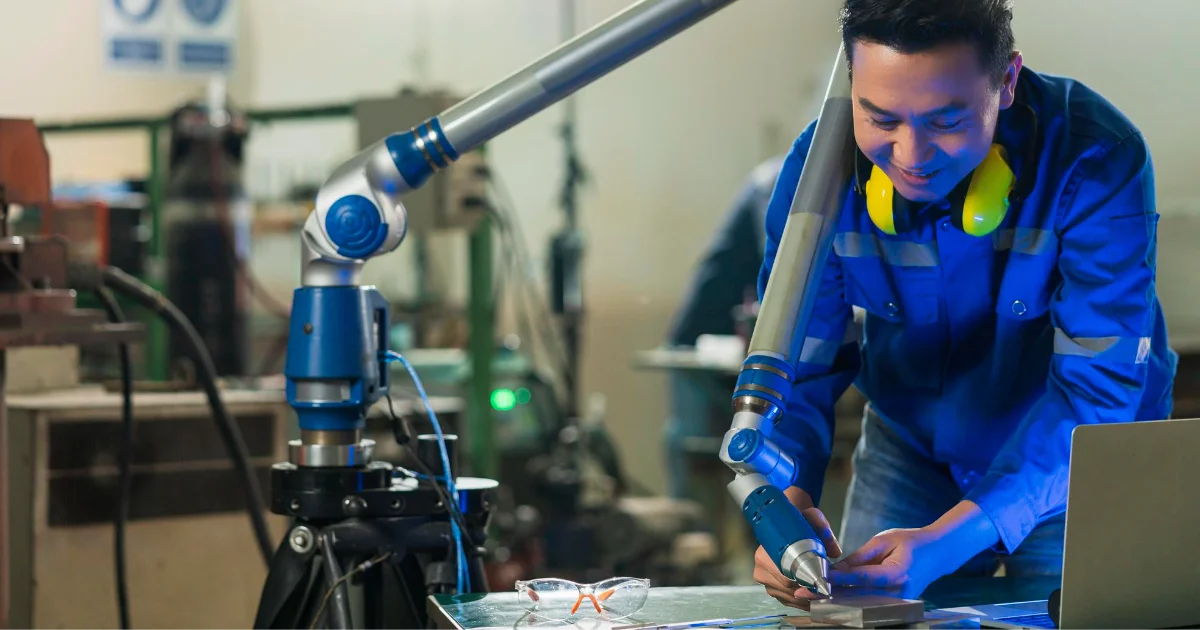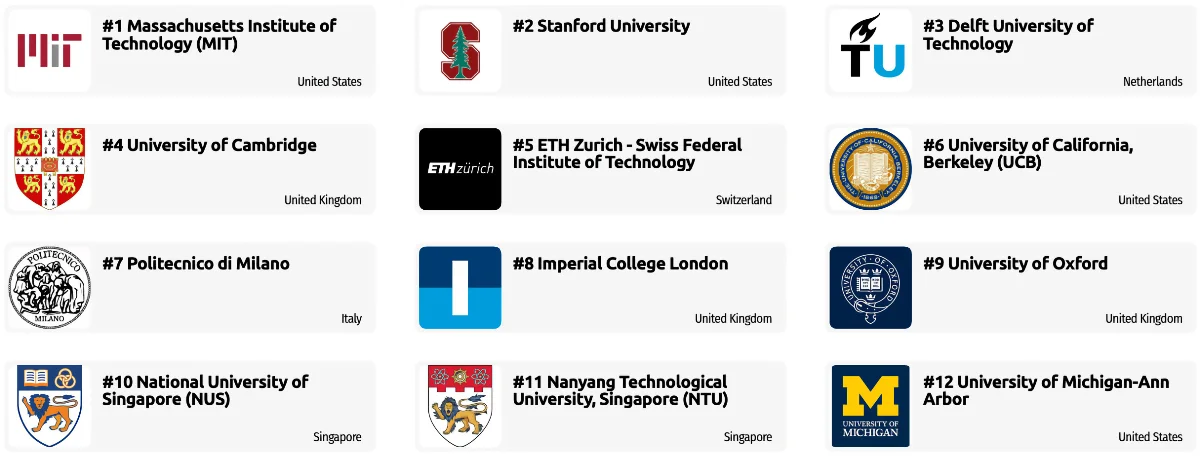Technician

Technicians will often be asked these tasks:
- Providing documentation, detailed instructions, drawings, or specifications to tell others about how devices, parts, equipment, or structures are to be fabricated, constructed, assembled, modified, maintained, or used.
- Using computers and computer systems (including hardware and software) to program, write software, set up functions, enter data, or process information.
- Servicing, repairing, calibrating, regulating, fine-tuning, or testing machines, devices, and equipment that operate primarily on the basis of electrical or electronic (not mechanical) principles.
Supervisor

Any supervisor should excel at:
- Monitoring and reviewing information from materials, events, or the environment.
- Detecting or assessing problems whether real or potential.
- Monitoring and controlling resources and overseeing the spending of money.
Other work activities related to Mechanical engineering technologists
- Preparing equipment inspection schedules, reliability schedules, working plans, or other records.
- Preparing cost and materials estimates or project schedules.
- Providing technical assistance to other employees regarding mechanical design, fabrication, testing, or documentation.
- Interpreting engineering sketches, specifications, or drawings.
- Performing routine maintenance on equipment, such as leak detectors, glove boxes, or mechanical pumps.
- Designing specialized or customized equipment, machines, or structures.
- Designing molds, tools, dies, jigs, or fixtures for using in manufacturing processes.
- Conducting failure analyses, documenting results, and recommending corrective actions.
- Assisting engineers to design, developing, testing, or manufacture industrial machinery, consumer products, or other equipment.
- Analyzing or estimating production costs, such as labor, equipment, or plants space.
- Applying testing or monitoring apparatus for operating equipment.








